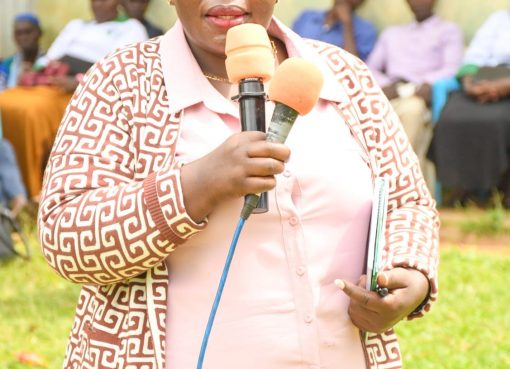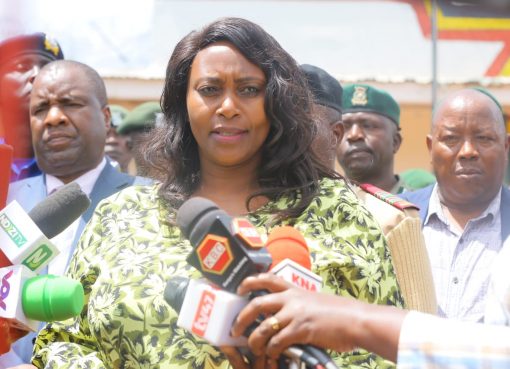Social workers from Laikipia and Nyandarua Counties have called for recognition of groups and individuals who offer themselves to support families and communities around them.
While underscoring their importance in assessing the needs of their clients and communities and providing support and guidance to help them achieve their goals and improve their lives, the social workers reiterated that they are trained professionals who work with individuals, families, and communities to help them address a wide range of challenges and problems.
Led by Maurice Muthiga from the Nyahururu’s St. Martin Catholic Social Apostolate and Kinyua Wachira from L’arche Kenya, they observed that social workers play an integral role in communities, providing support and guidance to those who are most vulnerable.
They work with individuals and families facing a wide range of challenges, including poverty, homelessness, addiction, mental health issues, and domestic violence.
They spoke in Nyahururu town during a conference for social workers as they marked World Social Workers Day, where they emphasized the need for respect and recognition for such people who offer themselves to support communities they live in.
Social workers work in various settings, including hospitals, schools, government agencies, non-profit organizations, and private practices.
They provide a range of services, including counseling, case management, advocacy, and community outreach.
Head of department of social studies at the Laikipia University, Dr. Babere Chacha noted that though there has been tremendous growth in social work advocacy and professional training in several institutions of higher learning, there is need for the government to institute a registration organization tasked with registering such individuals as professionals to ensure they are properly recognized.
He also called for the need for funding social services programmes noting that Social workers help their clients navigate complex systems, such as the healthcare and social services systems, and advocate on their behalf to ensure that they receive the support and services they need.
By Antony Mwangi and Esther Wanjiru





